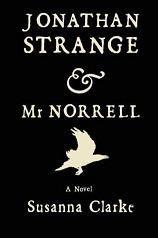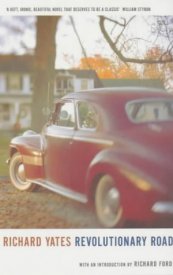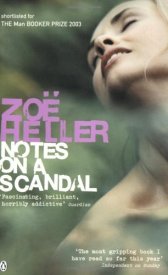mehastings
Active Member
Thread will close March 15.
A maximum of ten books will be put to the vote.
If more than 10 books are suggested, then books which have more than one nomination will take priority (books with three nominations get priority over books with two etc).
The remainder will be put forward in the order they are suggested (with only one book per member) until the 10 voting slots are filled.
**Note: At some point this month, one of the other mods may need to fill in running this section for a few weeks. I know that the majority of you do this already, but just a little request. In the interest of making things easier, if you can, please post a description of your book when you suggest it. This will also allow everyone to see a bit about the books that have already been suggested. Amazon, Barnes & Noble and many other book sites have book descriptions ready to go on them.
A maximum of ten books will be put to the vote.
If more than 10 books are suggested, then books which have more than one nomination will take priority (books with three nominations get priority over books with two etc).
The remainder will be put forward in the order they are suggested (with only one book per member) until the 10 voting slots are filled.
**Note: At some point this month, one of the other mods may need to fill in running this section for a few weeks. I know that the majority of you do this already, but just a little request. In the interest of making things easier, if you can, please post a description of your book when you suggest it. This will also allow everyone to see a bit about the books that have already been suggested. Amazon, Barnes & Noble and many other book sites have book descriptions ready to go on them.





 )
)
